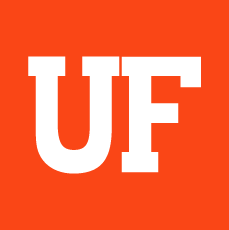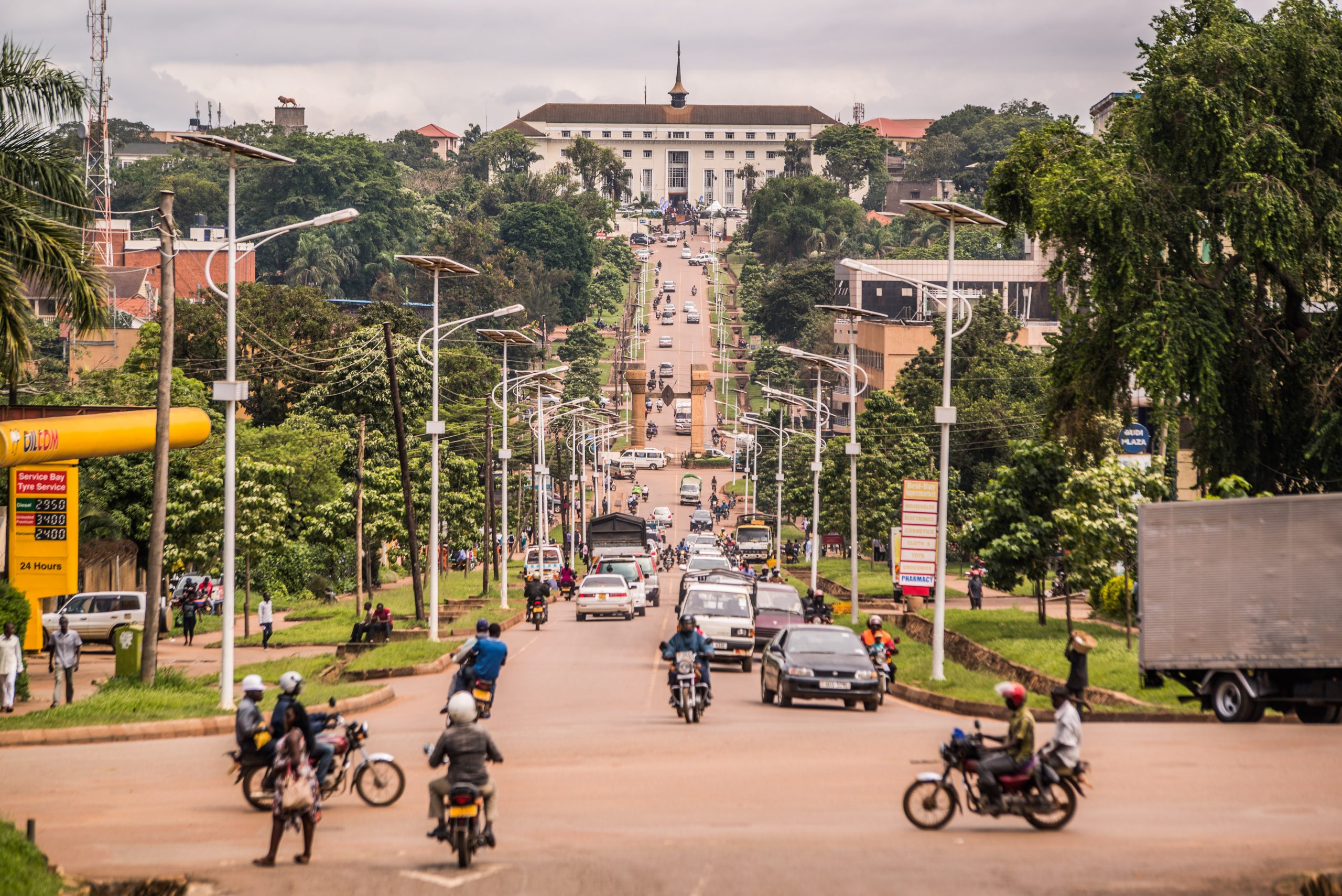
YOruba
Yoruba is a language of West Africa with over 25 million speakers. It is spoken, among other languages, in Nigeria, Benin, and Togo and traces of it are found among communities in Brazil, Sierra Leone, northern Ghana and Cuba.
Currently, we offer language classes to meet undergraduate students’ foreign language requirement and cultural classes to prepare Africanist graduate students ready for their research stay in any Yoruba speaking community. Below is a list of courses that we offer at the moment:
- YOR 1130: Beginning Yoruba 1
5 credits - YOR 1131: Beginning Yoruba 2
5 credits - YOR 2200: Intermediate Yoruba 1
3 credits - YOR 2201: Intermediate Yoruba 2
3 credits - YOR 3300: Advanced Yoruba 1
3 credits - YOR 3301: Advanced Yoruba 2
3 credits - YOW 4130: Readings in Yoruba Literature
3 credits - YOT 3500: Yoruba Diaspora and the New World
3 credits
Undergraduate Coordinator
Dr. James Essegbey
342 Pugh Hall (LLC)
essegbey@ufl.edu
352-846-2431


